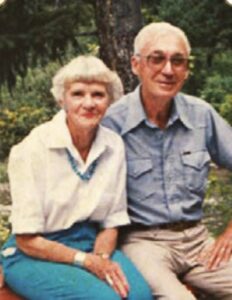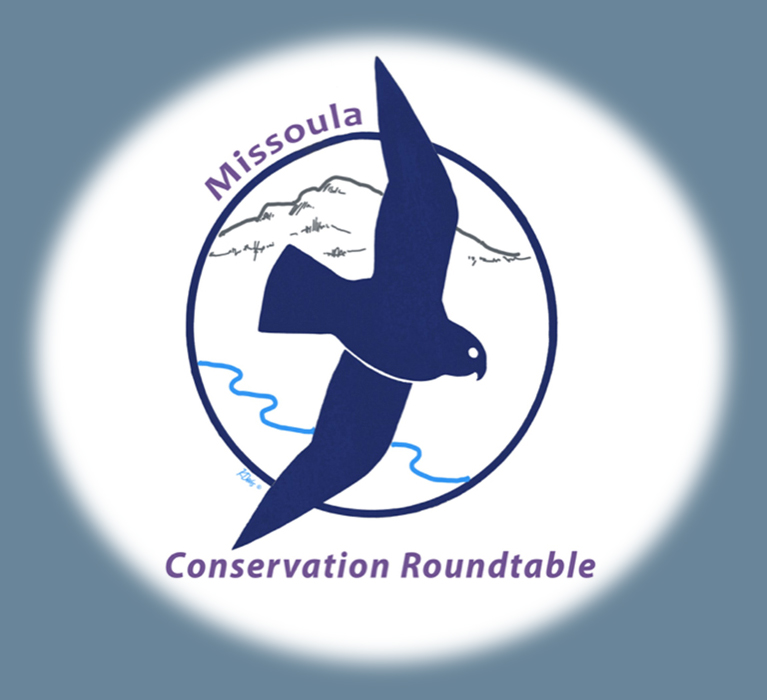
Arnold W. Bolle was educated in his hometown of Watertown, Wisconsin, the University of Montana, and Harvard University, where he earned a master’s degree in forestry and later a Ph.D. in public administration.
While a student at UM, Arnie met fellow student Helen Swan. Helen’s father, K.D. Swan, was the U.S. Forest Service’s first official photographer. She once told a friend that to criticize the USFS in her father’s house was tantamount to heresy.
In time, Arnie’s own work would be regarded as heretical but would ultimately redirect USFS policy by giving the public a voice in the management of its forests. Upon their UM graduation in 1937 and the receipt of his first paycheck, Arnie and Helen were married.
Arnie joined the UM forestry faculty in 1954 and became an expert on the regional wood products industry and a pioneer in the integration of public administration and multiple-use forest management.
In 1962, Arnie was appointed dean of the UM School of Forestry. In 1970, at the request of Montana’s U.S. Senator Lee Metcalf, Bolle and six of his UM colleagues documented a clearcutting fiasco on the Bitterroot National Forest. The study was entitled, A University View of the Forest Service, but immediately netted a more appropriate sobriquet: the “Bolle Report.”
Metcalf published the Bolle Report as a U.S. Senate document, and thousands of copies were distributed. The report triggered a bellicose national forest land management struggle among an old guard that placed timber-sale goals first and changed American values farther down the line. The battle, however, led to significant changes to national forest policy and to the passage of the National Forest Management Act of 1976.
During his retirement years, Bolle served on the governing council of The Wilderness Society, the Montana Wilderness Association and the Forever Wild Endowment. He was honored with the Bolle Center for Ecosystem Management, a segment of The Wilderness Society in Washington, D.C. He also received The Wilderness Society’s highest honor, the Robert Marshall Award.
The Bolle home was a hub of environmental discussion for students, politicians, and activists. And Helen welcomed them all. Together the Bolles embraced local conservation concerns, and Helen’s huckleberry pies became legendary at fundraising events.
Bolle transformed UM’s forestry program from one that focused almost solely on timber harvesting to one that addressed holistic management. In 1994, Liz Claiborne and Art Ortenberg donated a significant gift to the UM Foundation to enable the formation of the Bolle Center for People and Forests.
“If we can credit one person with changing what students learn and what foresters do on the ground,” said Dick Behan, dean of the Northern Arizona University School of Forestry, “then that person has to be Arnold Bolle.”
By Tom Palmer, Montana Outdoor Hall of Fame
The Missoula Conservation Roundtable gratefully acknowledges generous contributions to our website design. Our logo was created by Kate Davis, Raptors of the Rockies; Brian Christianson contributed the photographs for page headers Brian Christianson Photography
Website created by Irestone Web Design
